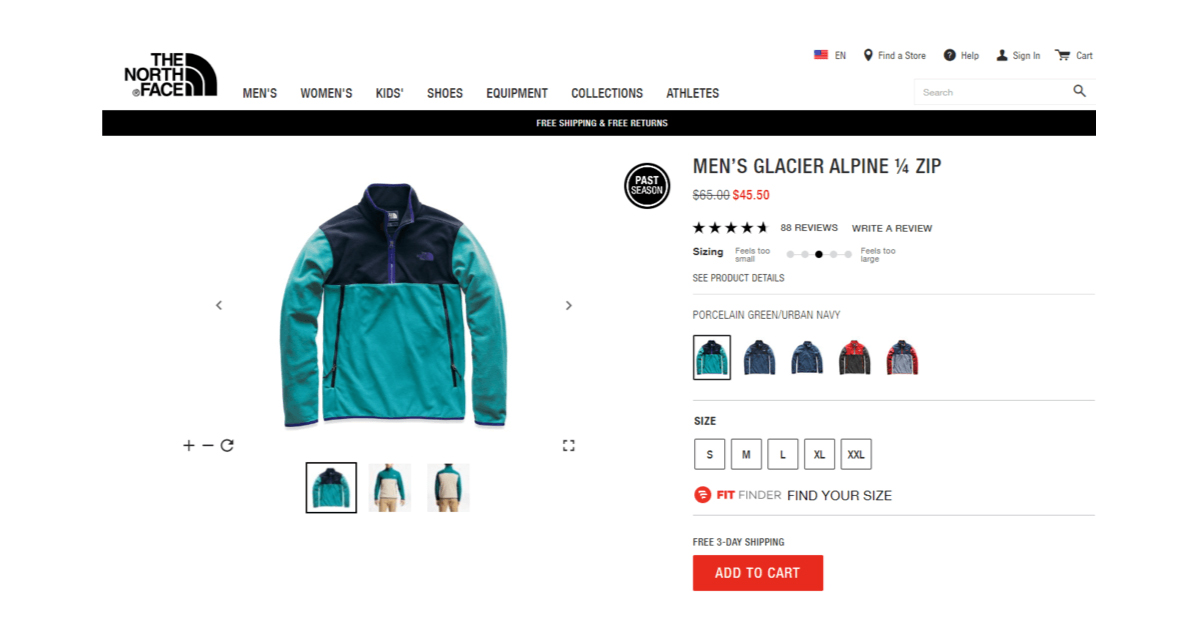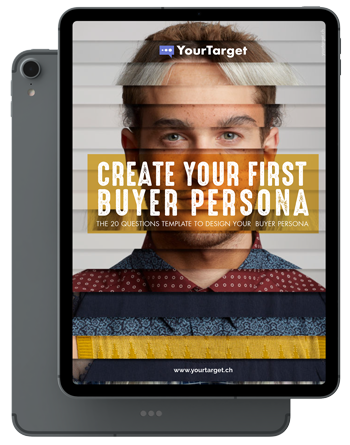Certainly, to expand a business globally doesn’t happen from one day to another.
It’s a tough process that requires strategic thinking, partnerships, benchmarking and much more.
On the other hand, business internationalization has become much easier in the last years, thanks to online tools and digital marketing strategies that help you get in touch with potential clients and do your market research.
Some business owners plan to go global from the beginning. For others, it just happens.
For Luisa Masciello it just happened. Luisa is the founder, owner and creative mind behind ZigoZago, a fashion brand that produces baby accessories with that pinch of creativity and irony.
Today, we are having a chat with Luisa to understand how she started her company, how she managed to expand her business globally, thanks to some online tools such as Amazon, and what challenges she faced as a business owner.
Hello Luisa! First of all, thank you very much for your time. Tell us a little bit about yourself, about your professional background and how it all started with ZigoZago.
Ever since I was a child, I’ve been a designer, creating clothes and accessories for my Barbies! But growing up I also discovered I loved mathematics and computer science. So, after my graduation in 1990, I ended up working successfully for some of the leading IT brands in Europe and USA.
But thread and needle always remained my passion. After the birth of my daughters Sophie and Bianca the change happened. At that moment the desire of being with them was stronger than that of pursuing a career which would keep me away from home. And so Zigozago was born. This was back in 2006.
Initially, it started with creating items for friends and their babies. First a few but steadily more and more, which lead to the transformation of this talent and passion into a business: Zigozago.
In the beginning, the growth of Zigozago was slow and at times challenging – as it is with most startups I think – but now it’s a well-known brand all over the world, recognized for its originality and variety of accessories.
You started this enterprise for fun. In the beginning, did you have any idea that you’ll be needing an e-commerce or other online tools for you to increase your sales?
Yes, from the very beginning when I opened my website, I immediately added an e-commerce. But maybe this was also due to my background in IT. My last job before starting Zigozago was for Yahoo! and that experience gave me a lot of useful insight for my new company: for advertising, presentation, web marketing, etc. An online presence with an e-commerce was one of my top priorities from the start.

When you started were you planning to expand your business globally?
Honestly no. In the beginning, I was focused on the local retail market working with boutiques and specialized shops in Italy and some of the surrounding countries. I did acquire a few customers in the USA and Japan, but this was mainly due to my participation in some Fashion Expositions. My clients at the time were mostly shops, not end-users.
You experienced in first person the crisis in the fashion industry in the mid 00′. Do you think that the use of online tools, such as Amazon, in this case, might have prevented this situation?
I am not sure if Amazon would have prevented the crisis in the fashion industry or whether Amazon actually became what it is today due to that crisis. I joined the Amazon marketplace roughly four years ago. Looking back, I am quite sure that I would have had better results in those early years if I had started selling my products on Amazon earlier. But that is hindsight, and that is always easy. For me / For Zigozago, the crisis was slightly different. Our challenge at some point was that slowly all our shops and resellers were closing. We ended up having no more retail-clients and had to find a way to reach out to the end-customers directly, which we eventually did.
Amazon offers a range of different tools for sellers. Could you list some of these features and how they help you with your business?
Correct, Amazon offers its sellers a wide range of tools, but one of Amazon’s key advantages is the fact that it provides companies with access to a very large group of customers that visit their platform with just one aim, to buy! This is of enormous value.
Then through advertising on the platform, the creation of campaigns, lightning deals, and other tools, one needs to make sure that his or her products are found among the millions and millions products of other sellers.
Metrics and positive client-feedbacks are also crucial as they give the customer insight into the reliability and quality of the products they are interested in buying. And then there is the Prime-option, using Amazon Logistics, and I can automatically organize shipments to any location, even when I’m on holiday!
Last but not least, as the Amazon platform exists in various countries, it is a great mechanism to expand the business globally using the other country sites.
Amazon undoubtedly offers a great set of tools for a company to sell globally, as you do. But still, it is a very competitive marketplace. If we consider other KPIs such as brand awareness and engagement, fundamental for today’s online businesses, do you think that being present on Amazon is enough?
No, I don’t think being on Amazon is enough. In today’s world, it is necessary to build a continuous relationship with your clients, to communicate with them, to intrigue them with new stories, to update them constantly. For this reason, Amazon itself is not enough. This is why blogs and social networks are very important.

Some of Amazon’s features for sellers include keyword optimization, compelling product description, and good visuals. Aren’t these features similar to what we call SEO optimization and content creation in the inbound marketing methodology?
Yes, it is similar to ‘regular’ SEO but a bit different. And as a result, it needs to be managed separately. Amazon shows the products that have more probabilities of being sold NOW. For example, unlike Google, Amazon prioritizes conversions over clicks. It means that selling more is an essential part of reaching a higher rank. Similarly, linking to one’s website or asking bloggers and reviewers to assess the products won’t get the items ahead on the Amazon platform.
Let’s talk numbers. In terms of revenue can you make a comparison between your earnings with and without the use of Amazon?
Amazon now represents 80% of my business.
One last question Luisa, where do you think you’d be today if you hadn’t included online tools for selling in your business strategy?
Zigozago wouldn’t exist anymore, and for sure I would be doing another job.
Do you want to know a little bit more about business internationalization some practical tips on
how to expand your business globally? Download our free checklist!

